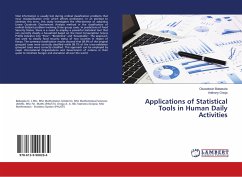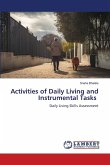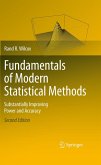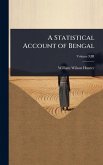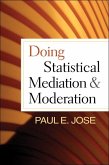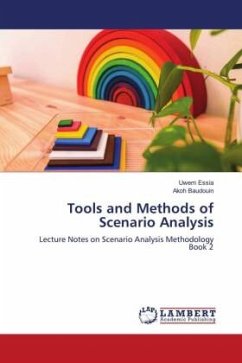Vital information is usually lost during ordinal classification problems that incur misclassification error which affects predictions. In an attempt to minimize this error, this study investigates the effectiveness of adopting Linear Quadratic Discriminant Analysis method in the classification of ordinal dataset problem involving three group cases. In predictions of Food Security Status, there is a need to employ a powerful statistical tool that can correctly classify a household based on the Food Consumption Scores Profile indicator into "Poor", "Borderline" and "Acceptable". The approach was used to classify food security status of two counties in region of Kenya. The summary classification results showed that 89.9% of the original grouped cases were correctly classified while 89.1% of the cross-validation grouped cases were correctly classified. This approach can be employed by major International Organizations and Government of nations in their quest to minimize hunger and starvation all over the world.
Bitte wählen Sie Ihr Anliegen aus.
Rechnungen
Retourenschein anfordern
Bestellstatus
Storno

